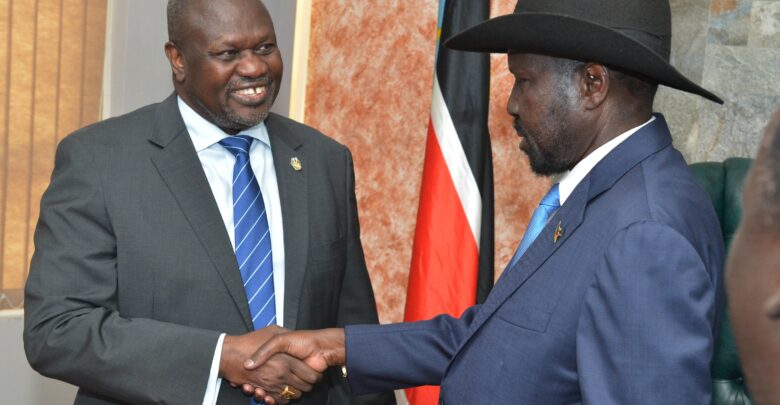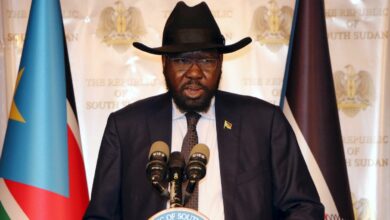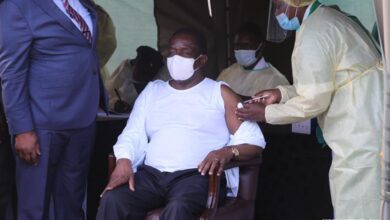South Sudan
South Sudanese Leaders Extends Ongoing Transitional Period To Two More Years

South Sudanese leaders on Thursday said the current transitional government would remain in power for two years to complete the political, security and electoral reforms needed to bring the country on track, reported The Africa News.
The announcement was made by the South Sudanese Minister of cabinet affairs Martin Elia Lomuro. He said the decision to extend the mandate will help address the challenges that impede implementation of the 2018 peace deal that ended South Sudan’s civil war, which killed more than 400,000 people and displaced millions.
The post-civil war transitional period was scheduled to end in 2022 after several postponements, but the deadline was pushed back to February 2023 due to the lack of progress on many provisions of the peace agreement.
The agreement led to power-sharing in a unity government inaugurated in February 2020, with Mr Salva Kiir as president and Mr Riek Machar as vice-president. The deal calls for security, judicial, constitutional and electoral reforms to stabilize the world’s youngest country.
Many provisions of the 2018 agreement have not yet been implemented, partly due to ongoing disputes between the two rivals.
They announced in April that they would agree to form a unified command of the armed forces, one of many such arrangements still unfinished. However, the country remains plagued by deadly local clashes.
The South Sudanese government also postponed elections to 2023, blaming the postponement for the lack of a permanent constitution. Civil society groups in the country also agree that the current situation does not permit a free, fair and peaceful election.
The government’s latest move to extend the transition period is likely to anger the international community, which has not been happy with the leadership’s inability to end the transitional period, which began in February 2020.
In July, the United States pulled out of the country’s peace process, saying the sides had failed to make the necessary reforms to end the political and security crisis.





